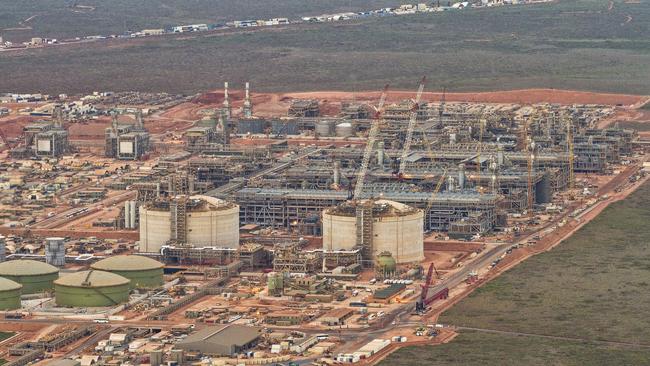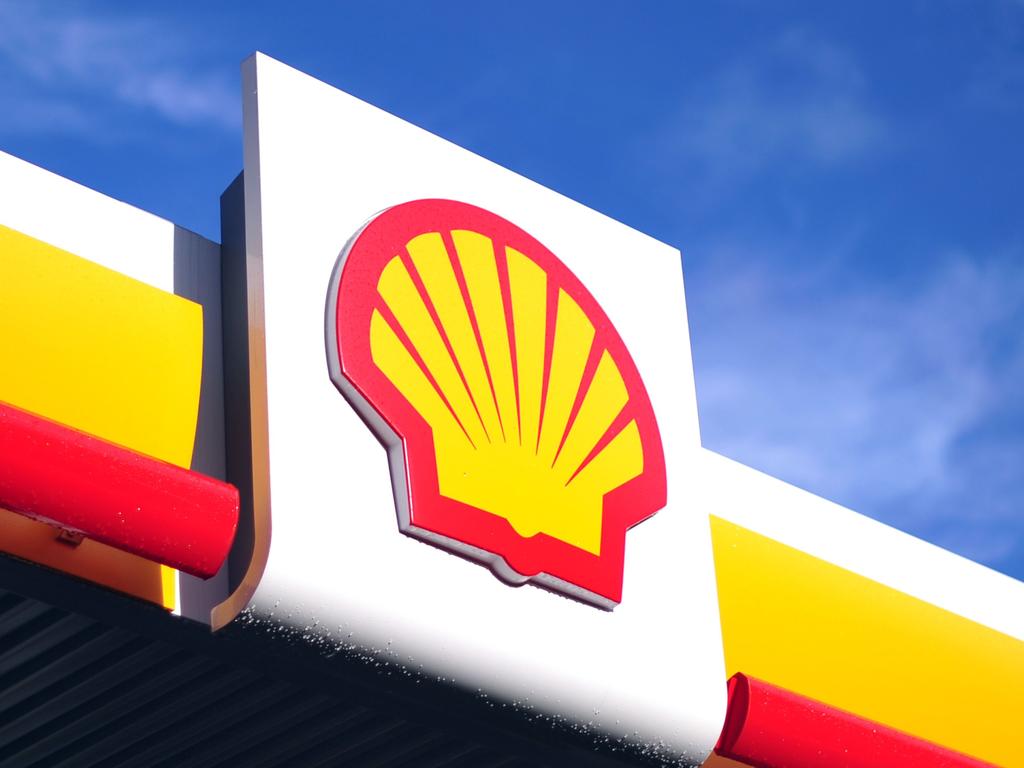Climate shocks for energy giants as shareholder activism takes hold
Three of Australia’s biggest oil and gas producers have been hit by climate action, raising risks for the nation’s energy industry.

Australian oil and gas company directors face heightened shareholder activism while producers may struggle to offload equity stakes after big setbacks for three giants of the global energy industry.
Shell, owner of major Queensland and West Australian LNG projects, was found by a Dutch court partially responsible for climate change and ordered to sharply cut carbon emissions.
Exxon, operator of the huge Bass Strait gas fields, reeled as a tiny activist hedge fund won two board seats after shareholders backed its call for management to accelerate efforts to combat global warming.
And Chevron, which runs the giant Gorgon and Wheatstone LNG plants in WA, was hit with a vote to cut emissions released by its customers, known as Scope 3.
The trio of climate strikes is a “wake-up call” to Australian boards, telling them institutional investors are tired of incremental progress in cutting emissions, according to the Investor Group on Climate Change, which coordinates the $US54 trillion ($70 trillion) Climate Action 100+ group.
“This means directors should be realigning company strategy and capital allocation to meet the needs of a rapidly decarbonising world,” IGCC director of corporate engagement Laura Hillis said.
“If Australian companies are not properly responding to investor concerns about climate change-related financial risks and putting ambitious decarbonisation strategies in place, then it should be expected that investors will hold company directors accountable.”
The climate push adds to a volatile landscape for Australian producers, with last year’s oil price plunge resulting in an industry-wide $25bn writedown for companies ranging from Shell to Woodside Petroleum, Oil Search and Origin Energy.
Australian corporates are increasingly under pressure on climate change as institutional investors such as Climate Action 100+, backed by Australian super funds, use their power to hold companies to account, while Blackrock has signalled urgent action and vowed to back proposals from green activists.
Australian producers faced a reckoning after a landmark International Energy Agency report found no oil or gas fields should be opened up if the world was to reach net-zero emissions by 2050, the Australasian Centre for Corporate Responsibility said.
“Chevron, ExxonMobil and Shell are three of Australia’s largest oil and gas producers, and therefore three of our largest carbon polluters,” ACCR director of climate Dan Gocher said. The “Australian oil and gas industry is on notice: cut emissions and cut production. BHP, Origin Energy, Santos and Woodside would be wise to act before shareholders and courts force them to.”
Climate pressure could “pose a more challenging environment for asset sell-downs, and (increase) risk for pre-final investment decision projects that are reliant on the majors or European oil companies as joint venture partners to proceed,” Credit Suisse analyst Saul Kavonic said.
“Asset sell-downs at greater risk include Woodside Petroleum‘s Sangomar, Oil Search’s Alaska and Santos’ West Australian oil.”
However, a pullback on capital spending by the majors could improve the supply-demand picture for Australian producers in the coming years, Credit Suisse said.
“As climate-based environmental, social and governance pressures intensify, further caution and scrutiny may be applied to deploying capital into oil and gas by the majors and European oil companies,” Mr Kavonic said. ”This could bode well for supply-demand dynamics to the benefit of Australian oil companies.”
Beach Energy said Australia could reach net zero emissions without having to “ban the barbecue” following the rulings.
The South Australian producer, backed by billionaire Kerry Stokes, said strategies to achieve net zero ambitions were in place, including carbon capture and hydrogen, with the industry committed to a low-carbon future.
“Australians should take comfort in the fact that we have enough strategies available to us to achieve a net-zero future without having to ban the barbecue,” Beach MD Matt Kay said.
Oil and gas industry association APPEA said members were helping to cutting emissions.
“We all agree we need to meet our Paris Agreement commitments. That’s why our industry is already doing a lot of the heavy lifting when it comes to a cleaner energy future,” chief executive Andrew McConville said.
“The Australian government estimates that our exports of LNG can help reduce emissions in importing countries by about 170 million tonnes each year — almost one-third of Australia’s total annual emissions.”



To join the conversation, please log in. Don't have an account? Register
Join the conversation, you are commenting as Logout